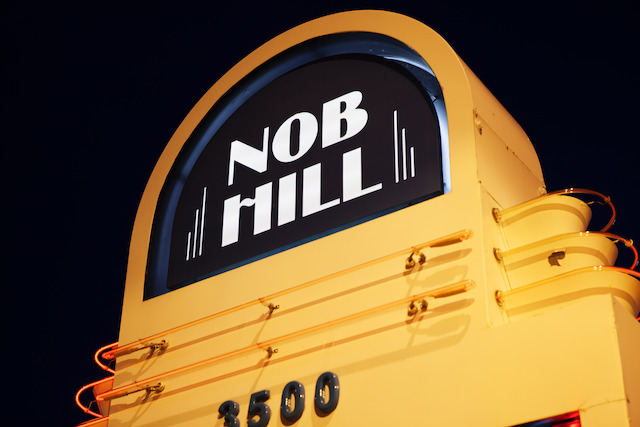Growing Pains: Real Estate And Retail Markets Spur Change In Nob Hill
Real Estate And Retail Markets Spur Change In Nob Hill


Latest Article|September 3, 2020|Free
::Making Grown Men Cry Since 1992



